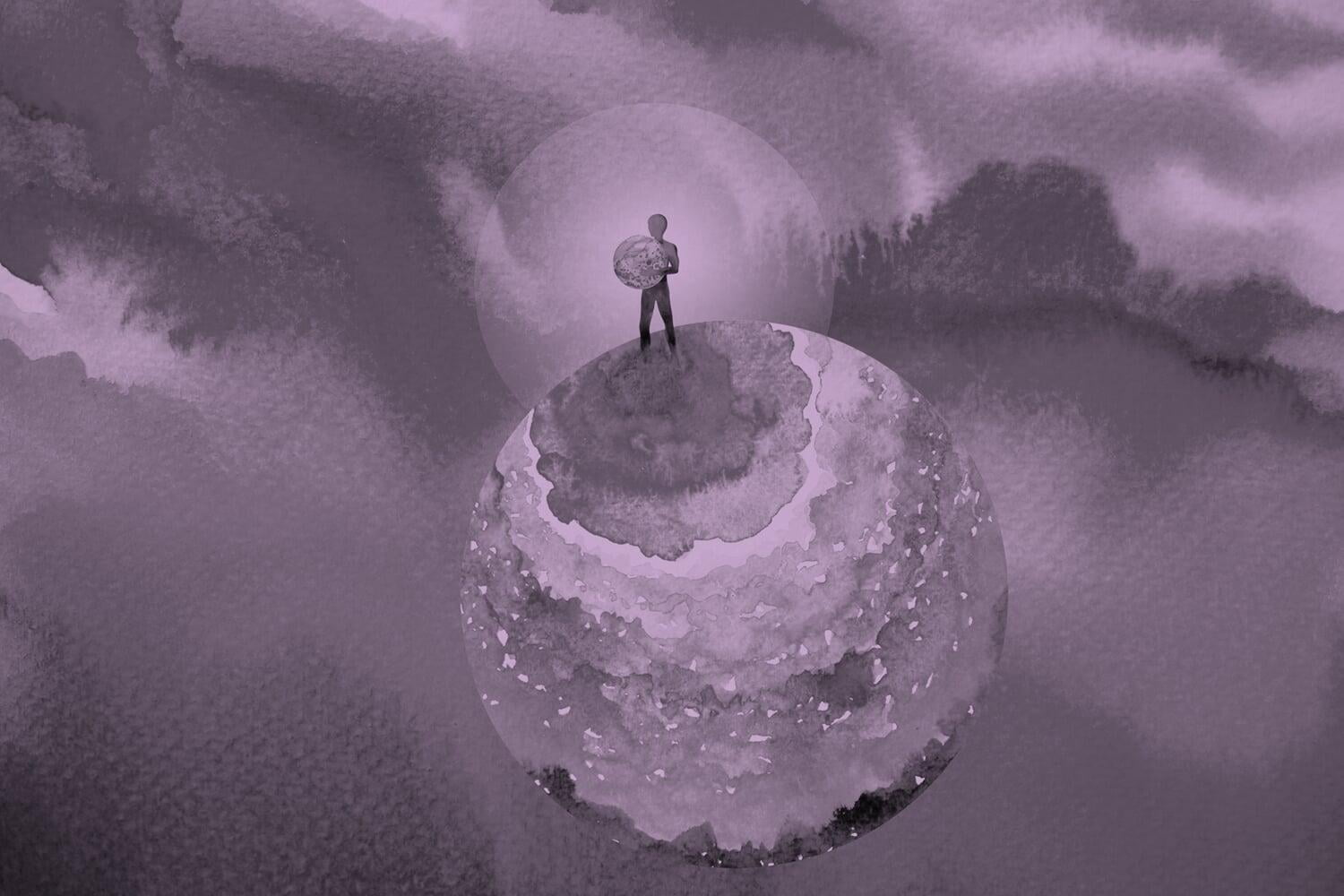
The Pathway to Excellence | Live | Home Life and Finance
Calendar And Time Management
We need to locate our home lives within a practical approach to our time management – how we place what we are doing and achieving in our lives within the context of the time that is available to us and our choices about how best to spend it.

There is a volume, pace and intensity to the world around us which demands so much. We can try as we might to keep up and do everything required of us, but it always seems as though there is more. We can rush from place to place, constantly trying to keep up with a seemingly unending set of demands on our time and energy, and often emerge feeling as though it can’t possibly be done. And it can’t. There is just too much to be done for us to do everything.
A life lived without some sort of structure to how we spend our time is simply unliveable. We need to make choices about what things we will do and when we will do them. We also need to make choices about what we will not do and understand the reasons why we have made these choices. These decisions need to relate to what is most important in our lives. We need to set priorities, to commit our resources to doing those things which are most consequential to us, even if this means giving up the immediate freedom to do whatever the moment seems to suggest might be most enjoyable, entertaining or intriguing.
This doesn’t mean that we need to organise every last moment and fill it with something of meaning or significance. All of us have the need for regular periods of unstructured time for rest and play. In fact, if we deny ourselves these moments, not only will our bodies and minds not get the renewal they require, but we will also be more likely to be less effective in our work and our structured educational and personal development.
Nonetheless, we need to keep some sort of calendar or diary in which we place reminders of our timelines and tasks. We need to allocate specific time to tasks and to breaks. We need to know when things will be done according to their need. We need to set deadlines that are, generally speaking, helpful in motivating us to get things done, so long as they are realistic and we get in the habit of meeting them. We need to focus more time where we can on the important more than the unimportant work, and we need to recognise when we are creating patterns of delay which generate urgency that is negative in the amount of stress and anxiety it causes.
“Life can only be understood backwards; but it must be lived forwards.”
Søren Kierkegaard
In the same way, we need to structure our time according to the natural rhythms of our lives. We need to sleep enough, to eat regularly, to rest and exercise every day. We need to allocate enough regular time to meet the needs of our formal and informal education, something that should become a lifelong habit. The management of our time will be better for it in all respects of our learning, living, leading and working. We can’t take ourselves too seriously all of the time, but if we want to be taken seriously at all, keeping our commitments and appointments by maintaining a calendar well is a good starting point.
We also need to learn sufficiency. We can’t possibly get it all done and certainly not on time. When we have made our choices and worked well towards our goal, what we have done is what we have done. Sometimes, we will need to put in some very long hours, but this should never become the norm. We have personal and private lives to lead, and relationships to which we must tend. We need sports, games, hobbies and other activities to add variety and interest to our lives. Fitting everything in can’t happen, so we need to know when we have done enough, what needs to wait, and what can’t or should not get done. We also need to understand when to say “not yet” both to ourselves and other people. Gaining in character and competency is the work of years not days.
When all is said and done, then, we will most likely get the results we deserve, whether pleasing, disappointing or a combination of both. We can use and should use experience to reflect on what we have done and might do better (and indeed reflection is another thing we need to fit into our lives so we can build routine habits of evaluation and goal-setting).
As with our accommodation, the existence of an orderliness to the way we manage our commitments to ourselves and others in the time available is not only positive for our own growth, wellness and security, it is an important indication to others of the way we care for them and how serious we are in our desire to honour our obligations to them. Attracting to ourselves a reputation for reliability and the well-practised habits that lead to it is important. If we do what we say we will do, then people will be much more likely to see us as people of integrity. Our character will be judged well if our good intentions are matched by our actions and their impact. In the end, the responsibility of ensuring that our lives are well-lived and worthwhile is up to us. The quality, rate and frequency of our very practical skills of managing our time are indicators of whether or not we are genuine about The Pathway To Excellence.
We can contemplate our Calendar and Time Management by considering the following questions:
- Do I keep and update a calendar, using it effectively to organise, schedule and meet my commitments?
- Do I accomplish what I need to do each day, ensuring that I meet important goals for my personal life and education?
- Do I review, at a regular time at the end each week, how things went during the previous week and what I should prioritise and accomplish in the week ahead?
- Do I have good study and work habits and strive to improve them?
- Do I take time each day to relax and exercise?







